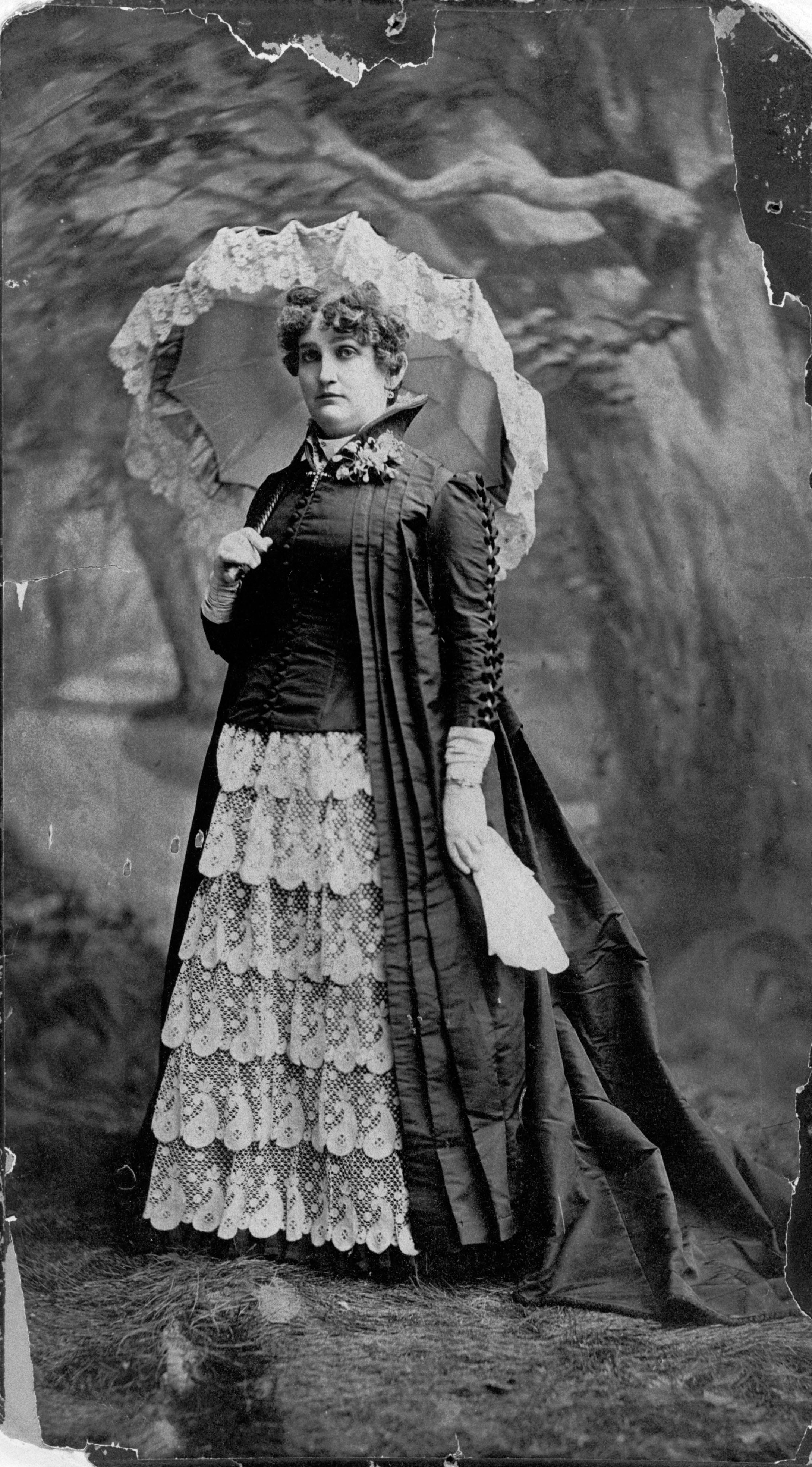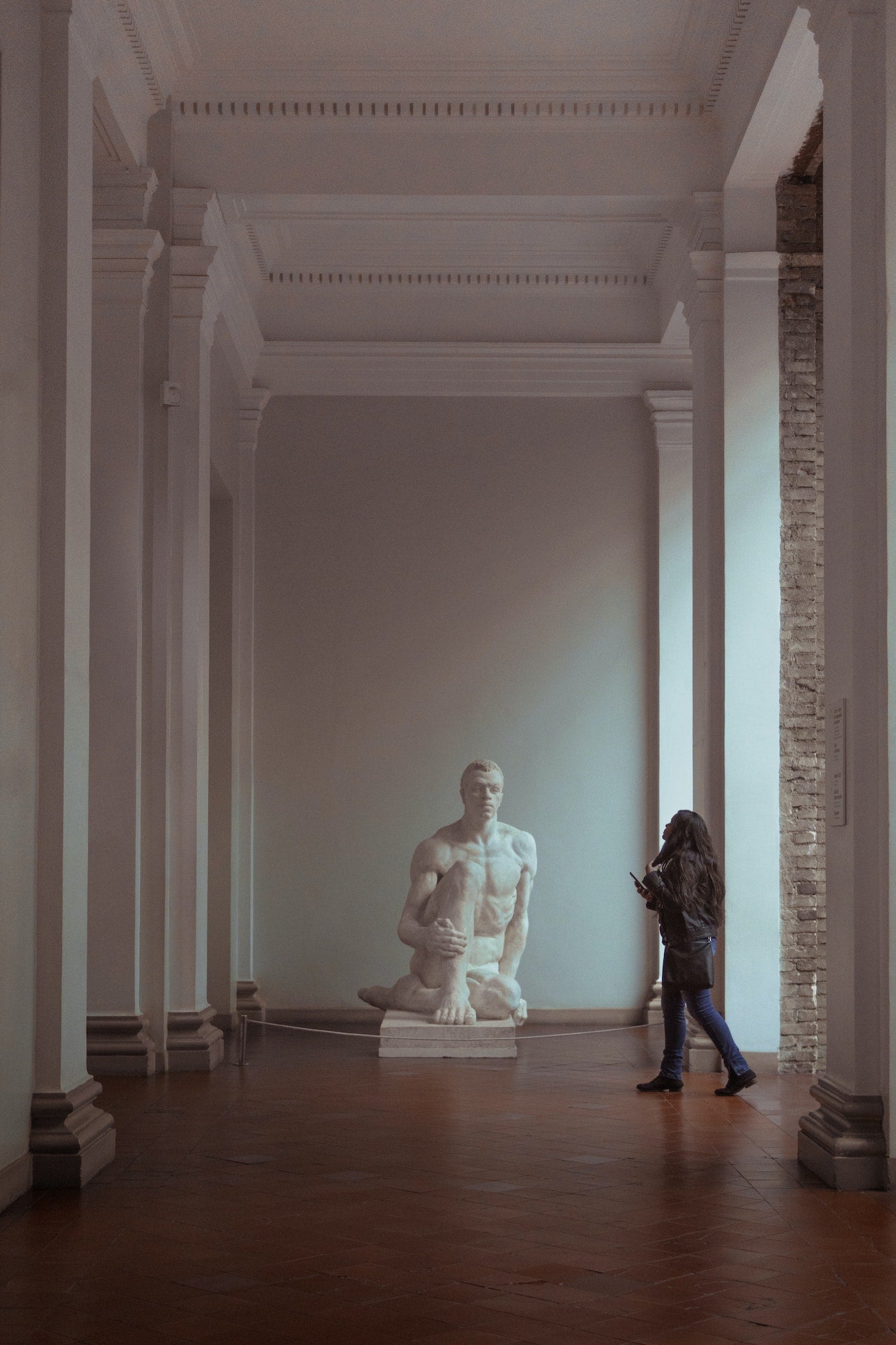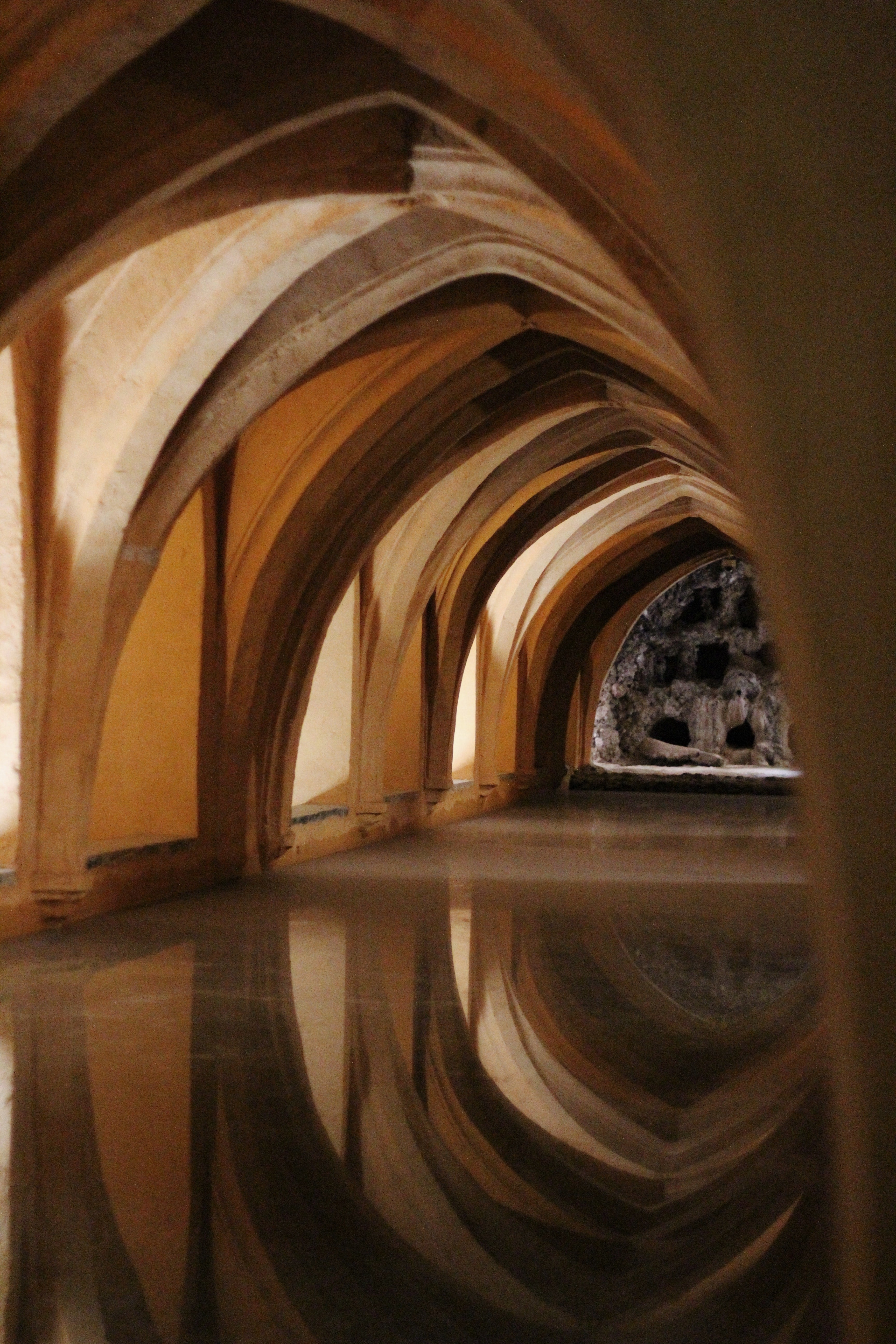How Las Vegas Became America’s Sex Capital.

What happens in Vegas stays in Vegas… but why?
Las Vegas is a deeply unlikely success story. It’s in the middle of the desert, with minimal natural resources and a fairly inhospitable environment—an odd location to end up being the most famous gambling destination in the world and a byword for all things salacious.
Early Settlers
The first permanent settlement there was built in 1855 by members of The Church of Jesus Christ of Latter-day Saints, a fort marking the halfway point between Salt Lake City and Los Angeles. At the turn of the 20th century, mining magnate William A. Clark set up a railroad depot and secured local water rights, beginning what would become Las Vegas. As the city grew, it was largely ranchers and railroad workers making decisions, and embracing Old West-style freedoms—partly because an incentive seemed necessary to encourage people to move to what felt like the middle of nowhere.
From early on, the city cultivated the idea that excess was the norm. Laws surrounding marriage, divorce, gambling, and alcohol were, from the get-go, more liberal than most of the rest of America. Block 16, the most notorious of the city’s original 40 blocks, was full of bars, gambling establishments, and brothels, all operating within legal grey areas, with blind eyes turned by the law to anything that brought the business in.
Divorce Ranches
In 1931, the same drive to generate income that led gambling to be fully legalized also brought in new divorce laws—anyone who was resident in the state for six weeks could get a divorce with no questions asked. Reno became home to “divorce ranches” where people would stay for a month and a half to get their business done but was later eclipsed by Las Vegas. Nevada also has no waiting period for marriage licenses, which made Vegas both a destination of choice for horny couples to elope to have permitted marital sex and a place where excited strangers could make more dramatic mistakes than ever. (When Nevada passed a law banning gay marriage in 2002, Vegas chapels still offered legally non-binding weddings.)
It was set up as a place where fewer rules applied. The decades that defined Las Vegas were when organized crime was the rifest—mob bosses operating essentially in the open, with minimal repercussions. Even when this largely came to an end, with gangsters replaced by massive business conglomerates, the precedents had been set: this was a place where anything went.
The emergence of the show girl
From the 1940s, casinos began to employ showgirls to entertain visitors between big-name acts. Long-running revues like Jubilee—which ran for 35 years—and more modern neo-burlesque incarnations like Peepshow and Absinthe all use the showgirl aesthetic originally inspired by the nightclubs of Paris. As the Washington Post put it, “The idea of a grove of tall, topless women, dripping in crystals, brought exoticism and sophistication to the desert and offered tourists entertainment they couldn’t enjoy anywhere else in the country.” Classically trained yet topless, anonymously elegant, showgirls became emblematic of Vegas in a way that both celebrated and objectified them, as a pair of nameless showgirls hanging on a man’s arms became globally understood visual shorthand for wealth and ostentatiousness, extremely questionable to modern eyes but ubiquitous for decades. In the 1950s, one neighborhood was locally known as Naked City due to the overwhelming amount of dancers and strippers sunbathing naked there in a bid to avoid tan lines.
Other than those based on age, there are minimal restrictions on alcohol sales in Nevada as a whole, and it is the only state where 24-hour alcohol sales are a given. With casinos operating for 24 hours, the standard rules of how times work essentially don’t exist, meaning the party never stops. Fortunes are won and lost in heartbeats; emotions run high; life-altering decisions are made on the roll of a dice. And money is everywhere.
Rules of sex
And where there’s money, there’s sex. Contrary to popular belief, prostitution is not legal in Vegas—while Nevada is the only state in the US where prostitution is legal in any form, Clark County (home of Las Vegas itself) is one of six of the state’s 16 counties where that doesn’t apply. However, illegal prostitution is rife in both Las Vegas and Reno, thought to outgross legal sex work seventyfold. At one point the Las Vegas Yellow Pages featured 104 pages of what were termed “private entertainers”. It’s not just the presence of money—there’s money in a lot of cities that don’t have anything like Vegas’s reputation—it’s money mixed with impulsiveness and recklessness, a hell of a combo.
Even as it has become a more family-friendly destination, Las Vegas has leaned into its reputation. In 2003 it adopted the tourist slogan “What happens here, stays here” and began popularizing the idea of “the code”, that recording or uploading any transgressions people got up to in Vegas was simply not the done thing.
Trade shows and sex
It’s the world’s number one trade show destination, which means a lot of business trips, which means a lot of cheating—Las Vegas has been named the American city in which the most infidelity takes place.
Part of it all, if not most of it, is the self-perpetuating nature of Vegas’s status. It’s the sex capital of the US, in part, because everyone knows it’s the sex capital of the US. It’s the first place people would think of if looking for decadence and debauchery. It’s a real chicken-egg thing, a question that will likely never be answered—do people go to Vegas to misbehave, or misbehave because they’re in Vegas?
Discover our travel size lubricants, candles, condoms and vibrators.






